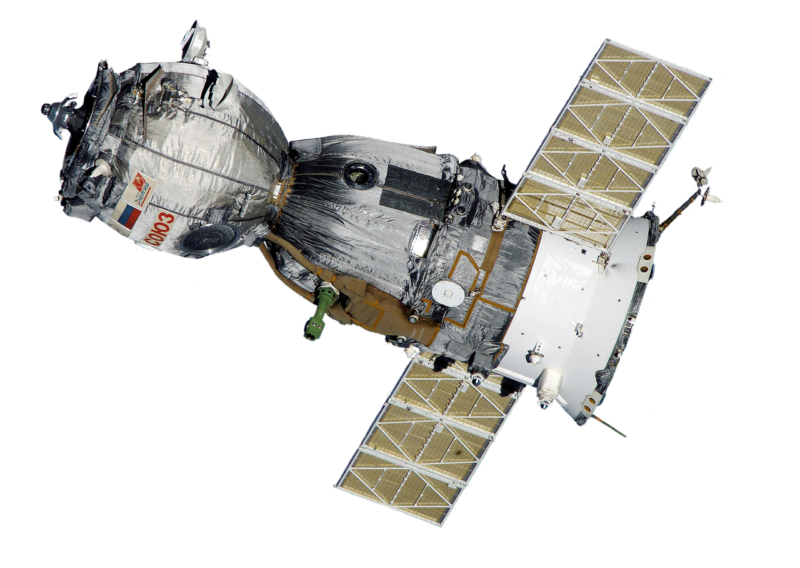
Space technology has traditionally been associated with exploration, research, and adventure beyond our planet. However, the advancements made in space-related research and development have profound implications for our everyday lives here on Earth. From the way we communicate and navigate to our health care and even agriculture, space technology is fundamentally transforming human experiences in ways we never imagined.
1. Communication: Bridging Distances with Satellite Technology
One of the most significant benefits of space technology is in communication industry. The satellites orbiting our planet facilitate global communications, enabling us to connect with friends, families, and businesses across vast distances. Satellite communications, which include television broadcasts, internet data, and cell phone signals, have bridged the gap where traditional infrastructure may be lacking — especially in remote areas.
For instance, services like DirecTV and DISH Network rely on satellite signals to deliver television programming nationwide. Furthermore, advancements in satellite technology have led to the rise of global internet providers, making the internet accessible to parts of the world that previously had little to no connectivity.
2. Navigation: GPS Technology that Guides Us
Global Positioning System (GPS) technology is another powerful application of space technology, providing navigation capabilities that have revolutionized how we travel, conduct business, and even find our way around a city. GPS satellites transmit signals to GPS devices, providing accurate location information and aiding in route planning.
The GPS has transformed various sectors, including transportation, logistics, and emergency services. For instance, delivery companies use GPS tracking systems to optimize routes and enhance the efficiency of service, while ride-sharing platforms utilize GPS data to connect drivers with passengers seamlessly. Additionally, GPS technology enhances public safety, enabling quick responses for emergency services.
3. Weather Forecasting: Predicting Nature with Precision
Space technology equips meteorologists with satellite imagery and data to predict weather patterns accurately. Satellites observe cloud formations, sea temperatures, and atmospheric conditions, allowing scientists to create detailed weather forecasts that keep us informed and prepared.
The precision offered by space-based weather monitoring has transformed disaster response and agriculture planning. For example, accurate forecasts allow farmers to make critical decisions about planting and harvesting times, while timely warnings about severe weather events enable communities to prepare for and respond to natural disasters effectively.
4. Environmental Monitoring: Protecting Our Planet
Space technology plays a vital role in tracking environmental changes and natural resources. Satellites equipped with sensors can monitor deforestation, wildlife habitats, air quality, and water resources on a global scale. This data is essential for environmental conservation efforts and informed policymaking.
For example, NASA’s Earth Observing System (EOS) satellites monitor land use changes, water quality, and climate patterns. By analyzing this data, scientists can assess the health of ecosystems, gauge the impact of climate change, and develop strategies for sustainable resource management.
5. Health and Medical Advances: Innovations from Space Research
Space technology has also revolutionized healthcare and medical research. Technologies developed for space missions, such as advanced imaging techniques and remote monitoring, are now applied in hospitals and clinics around the world. For example, imaging technologies like MRI and CT scans have roots in space exploration efforts.
Moreover, NASA’s experience in monitoring the health of astronauts has been adapted for use in telemedicine and remote healthcare. Especially relevant in today’s context, these innovations allow doctors to remotely monitor patients’ conditions through wearable devices, providing valuable healthcare insights while expanding access to medical care in remote areas.
6. Agriculture: Transforming Farming through Satellite Data
Agriculture has also seen significant benefits from space technology, with satellite imagery enabling farmers to gain deeper understandings of their land. Satellite data provides insights into soil health, moisture levels, and crop health, allowing for more efficient farming practices.
Farmers can utilize this information to make data-driven decisions that optimize crop yields while conserving water and minimizing the use of fertilizers and pesticides. Technologies such as precision farming and smart irrigation systems are reshaping how we approach agriculture, proving that space technology has valuable applications even in the most grounded of industries.
7. Everyday Convenience: Space Tech in Consumer Electronics
Many everyday gadgets and technologies are also influenced by developments in space technology. For instance, materials originally designed for space suits are now commonly found in sports apparel and outdoor gear, providing enhanced protection and comfort for everyday consumers.
Moreover, technologies like smoke detectors and water purification systems were developed with roots in NASA research, ensuring that space exploration not only expands our horizons but also enhances our daily lives.
Conclusion: The Limitless Impact of Space Technology
Space technology is no longer just about reaching the stars; it’s about utilizing that knowledge and those advancements to benefit life on Earth. From communication and navigation to healthcare and agriculture, the influence of space technology is multidimensional and continuing to grow. As we stand at the forefront of a new era of exploration, the applications of space technology will undoubtedly create lasting changes across various aspects of our daily lives.
As we look toward the future, it’s essential not only to support space exploration but also to recognize the profound ways it can enhance our daily living—transforming not just how we see the world, but how we interact with it.








